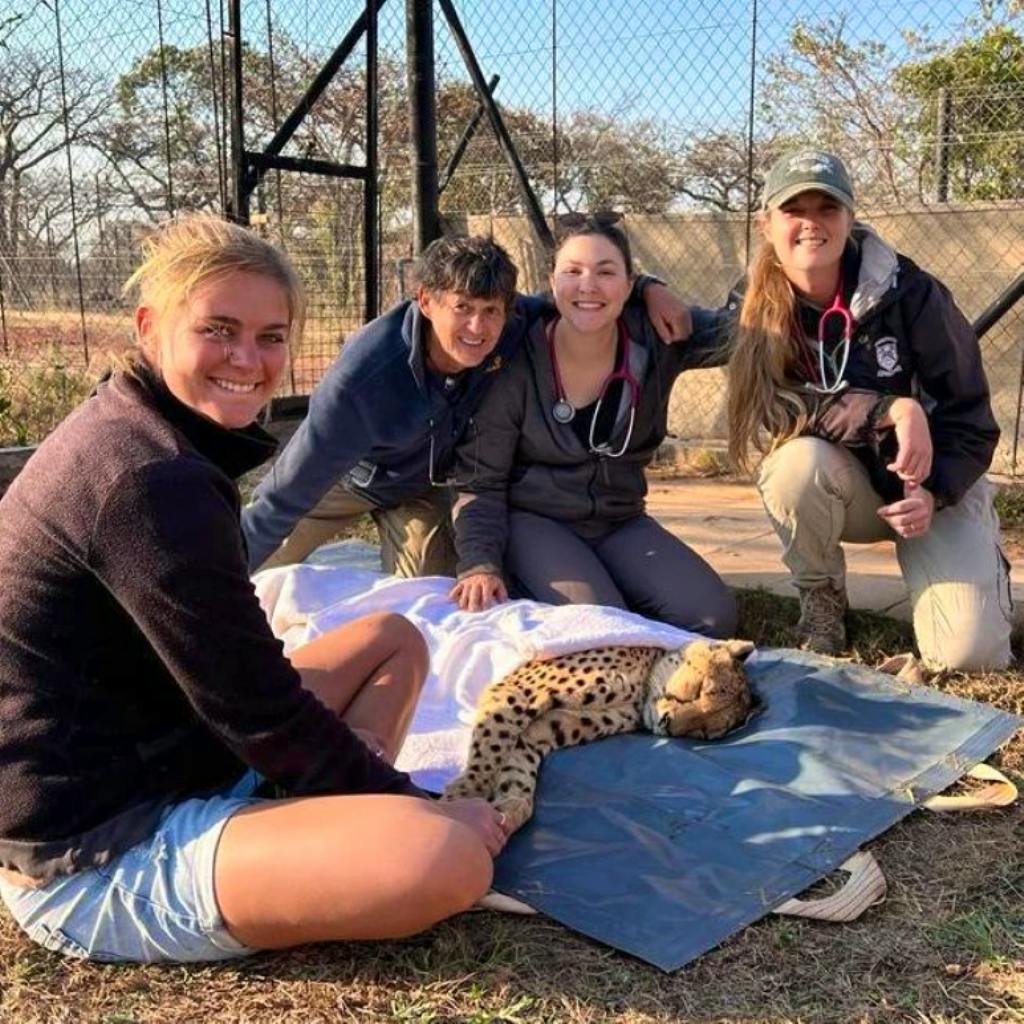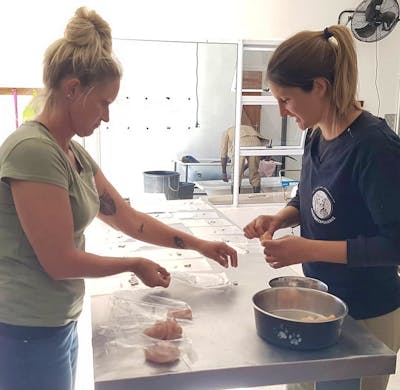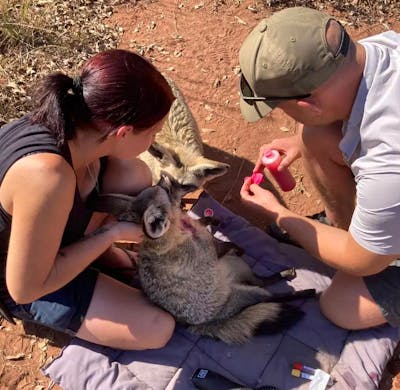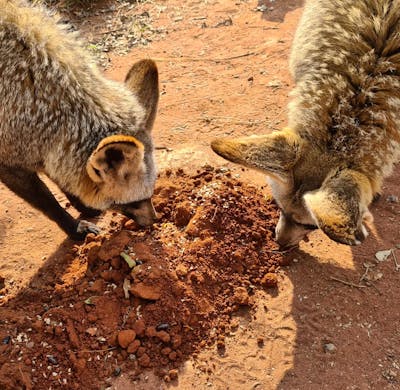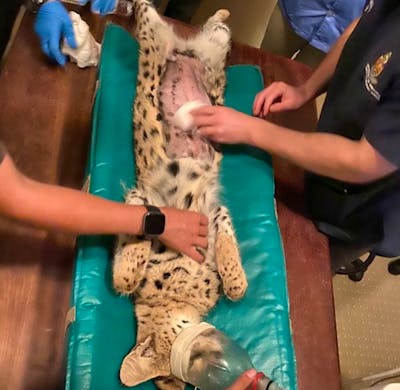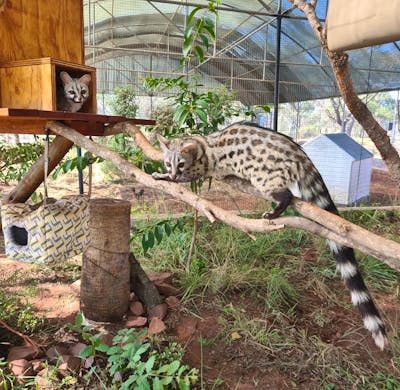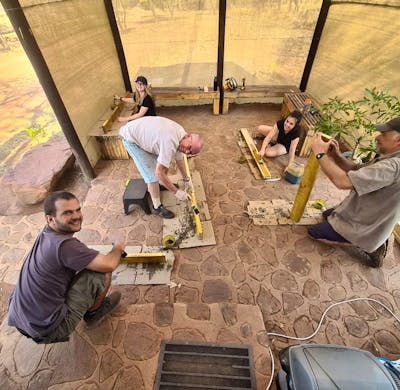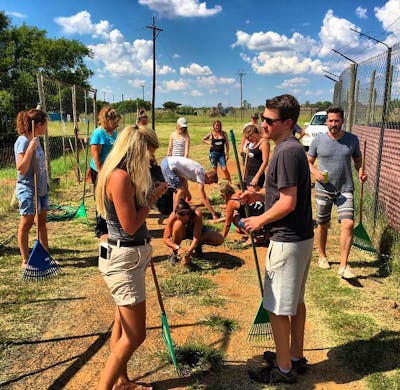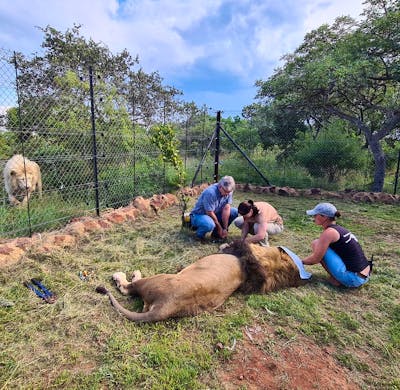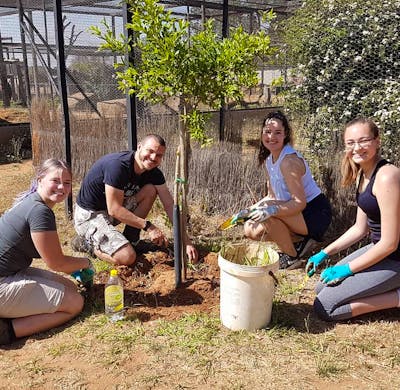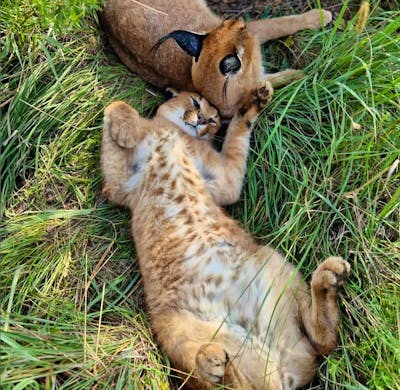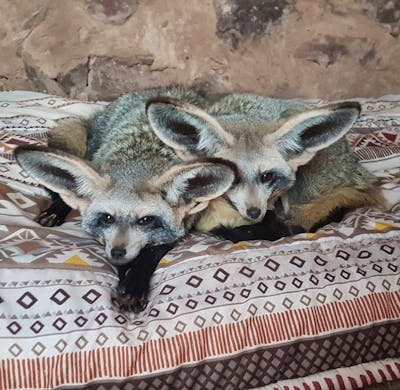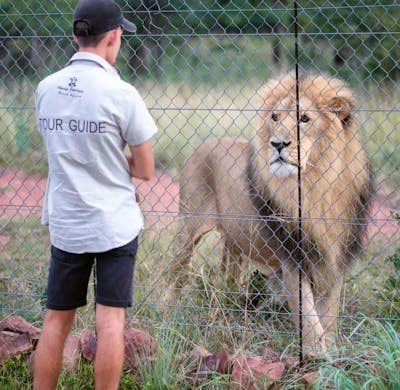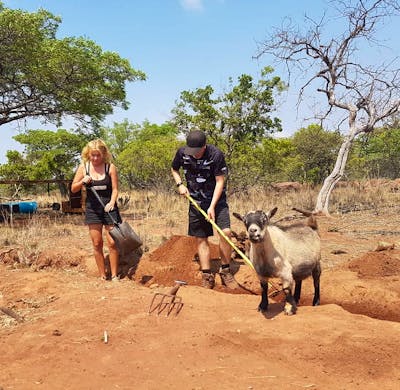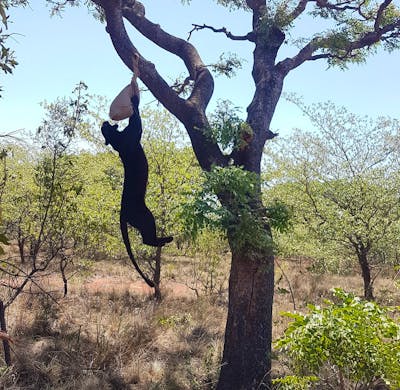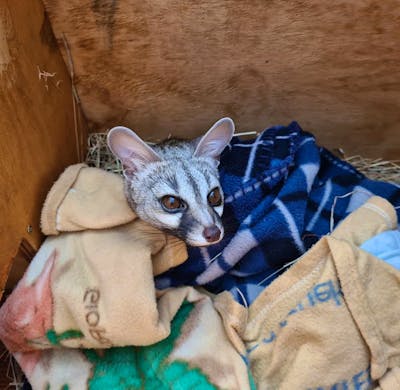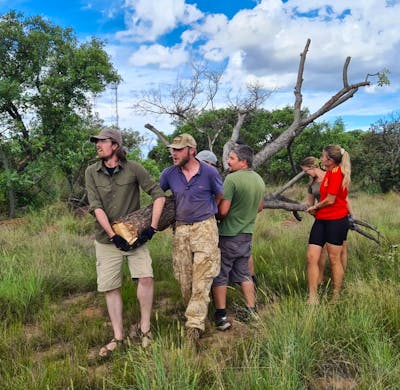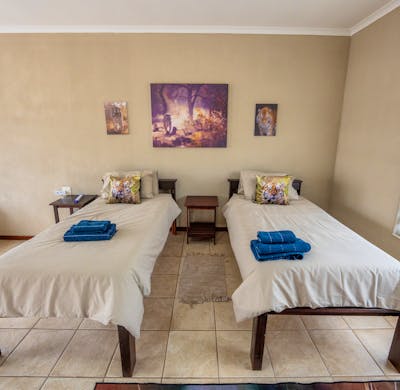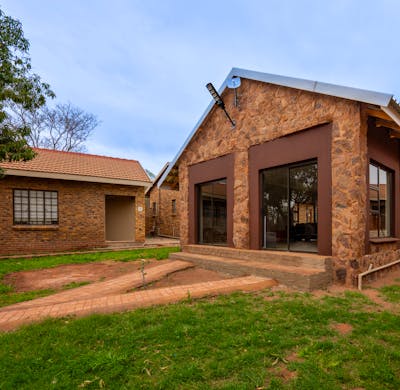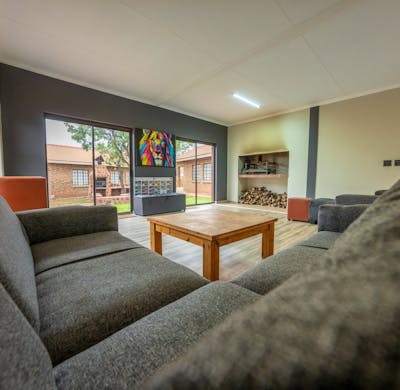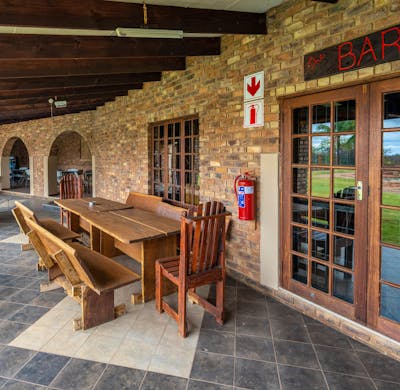from 2,073€
Excellent 4.8 (27)
(27)
Cheetah and wildlife rehabilitation centre
2 - 12 weeks
·
Age 18 - 50+
Verified by Volunteer World
Excellent response rate
Excellent 4.8 ·
·
Verified by Volunteer World
·
·
·
Verified by Volunteer World
·

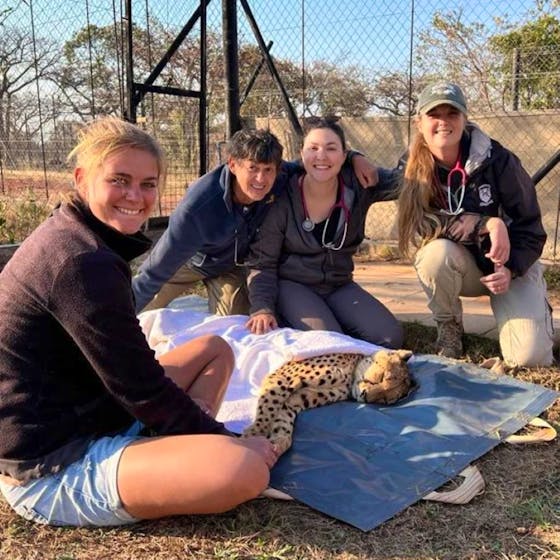
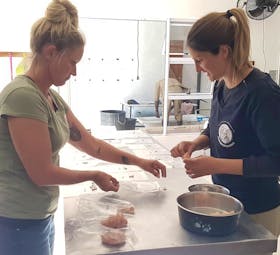
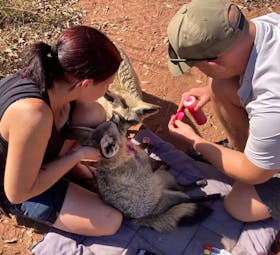
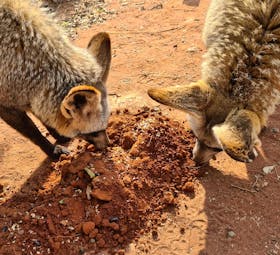
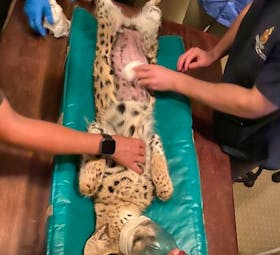
2 - 12 weeks
·
Age 18 - 50+
·
Excellent response rate
Highlights
- Work with African wildlife - Cheetah, big cats, hyena and more... support conservation as you work with a diverse array of species!
- Health care and enrichment - The health and well-being of the animals is critical, help treat newly arrived injured animals or design environmental enrichment to help longer-term residence.
- Research and study - Animals in breeding or rehabilitation centres give you unique ways to study their behaviour, spend time in enclosures observing and recording data to help our understanding.
- Educate the public - The centre is open to visitors, once you’re trained and confident, give talks, tours or create presentations on the animals and work you’re doing to raise awareness!
- Gain while you give - Running a wildlife centre takes many skills, bring existing skills or receive training and gain new ones as you help in a variety of roles as a team.
Especially suitable
About the program
Support cheetah conservation for introduction to the wild as well as rehabilitation and care of orphaned animals at this wildlife centre!
About the centreWildlife rescue and rehabilitation centres play an important role in conservation across South Africa, researching and providing a sanctuary for endangered species to help support their populations. Animals are brought in by the public or rescued by the centre, these animals are ...
Typical day
Workdays
Monday to Friday and from 7am to around 4pm
Training and building confidence
Monday to Friday and from 7am to around 4pm
Training and building confidence
The first few days you spend at the centre will involve going out with group leaders and those who have worked with the animals long-term and understand their behaviour. You'll receive training and guidance as to ...
Free-time activities
When not taking part in volunteer duties you will have the opportunity to take part in the various activities in the area.
We suggest going as a group with your fellow volunteers, but some activities can be organised for single participants.
Safari drives and bush walks
There are many wildlife ...
There are many wildlife ...
Requirements
What's Included
What's NOT included?
Details on arrival
This placement runs regularly throughout the year.
Typically, you'll arrive and depart on the weekend but some flexibility around when works best for you to start.
Meeting point
We meet all volunteers at O.R Tambo International Airport, South Africa.
There,
we'll pick you up and transfer you to the reserve, a 2 - 3 hour drive.
On route you'll have time to stop of at the shops for any last minute
supplies like snacks or drinks.
Departure point
You'll be taken back to O.R Tambo airport at the end of your placement.
Availability
Jan
Feb
Mar
Apr
May
Jun
Jul
Aug
Sep
Oct
Nov
Dec
Program fees
2 weeks (min. stay)
2,073€
3 weeks
2,575€
4 weeks
3,068€
5 weeks
3,788€
6 weeks
4,460€
7 weeks
5,137€
12 weeks (max. stay)
8,524€
Average fees
873€/week
Meet your organization
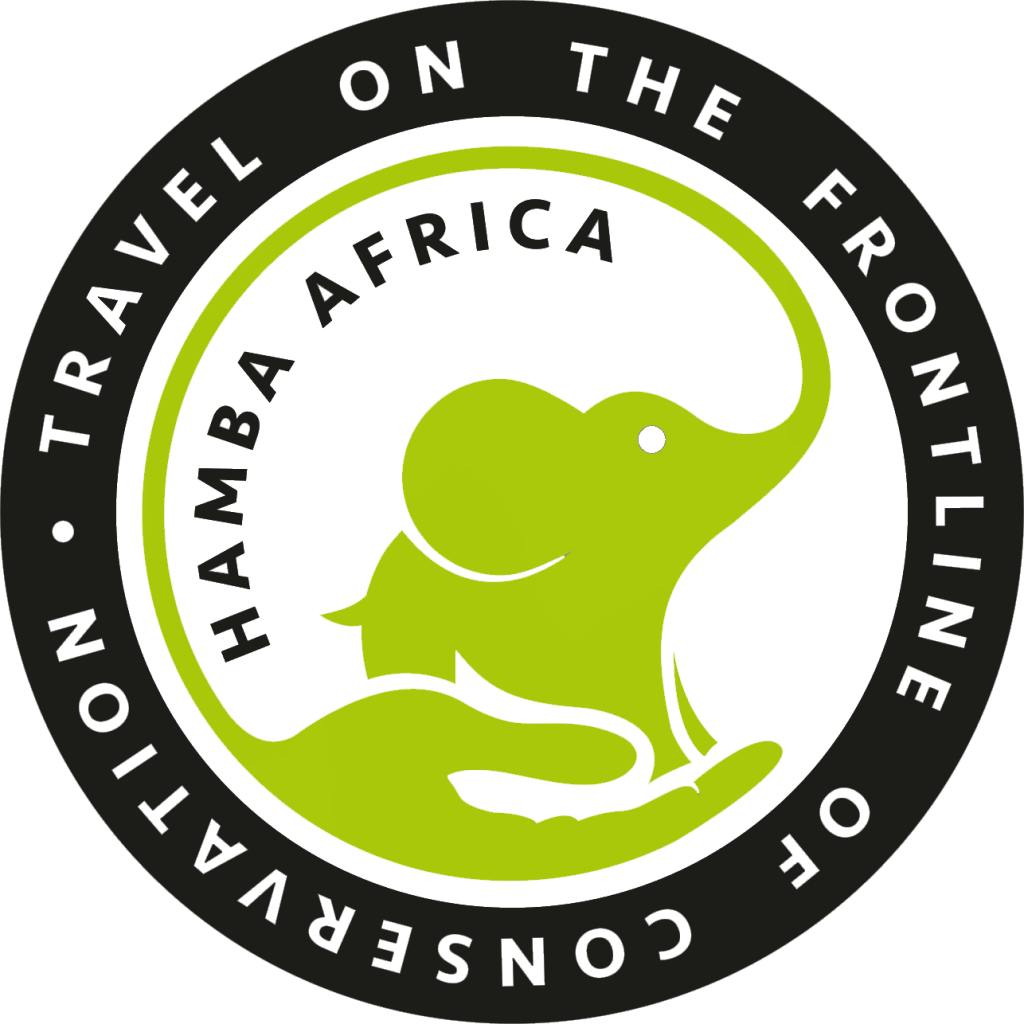
Hamba Africa
Excellent 4.8
 (27 reviews)
(27 reviews)
Agency - founded in 2019
Verified by Volunteer World
Excellent response rate
Coordinated by
Harry
About the project
Hamba Africa provides conservation-focused programs and projects across South Africa.
Each with unique goals allowing you to travel ethically while protecting nature!
27 reviews ·  4.8
4.8
Location

You might also be interested in
-
Cheetah Conservation
Cheetah Wildlife Sanctuary
South Africa Big Cats
Cheetah Conservation in South Africa
Adults
Planning a Gap Year in South Africa
Global Volunteer Opportunities
African Wildlife
Group Volunteering
Projects Abroad
Mission Trips to Africa
Animals in South Africa
Mission Trips
Animals in Africa
Voluntouring
Best Volunteer Programs
Couples
Wildlife in South Africa
Family Volunteering
50 Plus Volunteering
Volunteer Trips for College Students
